African Jesuit AIDS Network (AJAN) in collaboration with the Catholic Diocese of Machakos, undertook a 5-day AHAPPY training of trainers workshop for youth aimed at bolstering their integral Development. The training which took place from the 2nd to 6th December 2024 brought together 65 youth leaders from different parishes of the Catholic Diocese of Machakos.
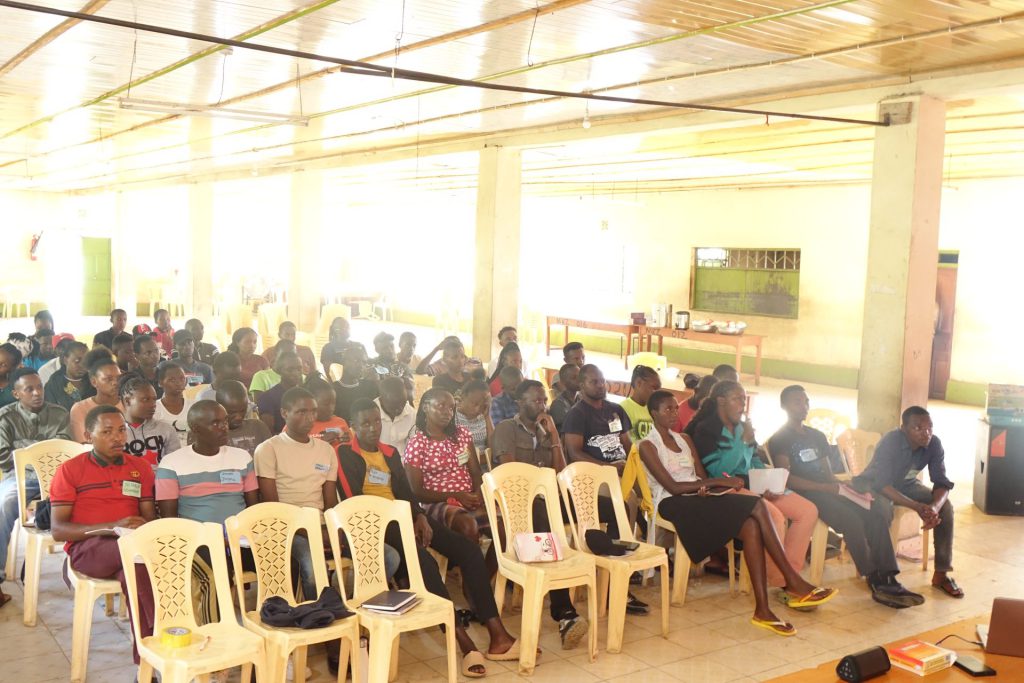
Day One to Five Youth Leaders Are Taken Through the Five Modules of the AHAPPY Program
The opening sessions was led by Fr. Alexander Kituku, the youth chaplain, Catholic Diocese of Machakos, who welcomed the participants and challenged them to use the workshop to gain more knowledge and get insights on how they can better themselves and take back the knowledge gained to the youths of their respective parishes.
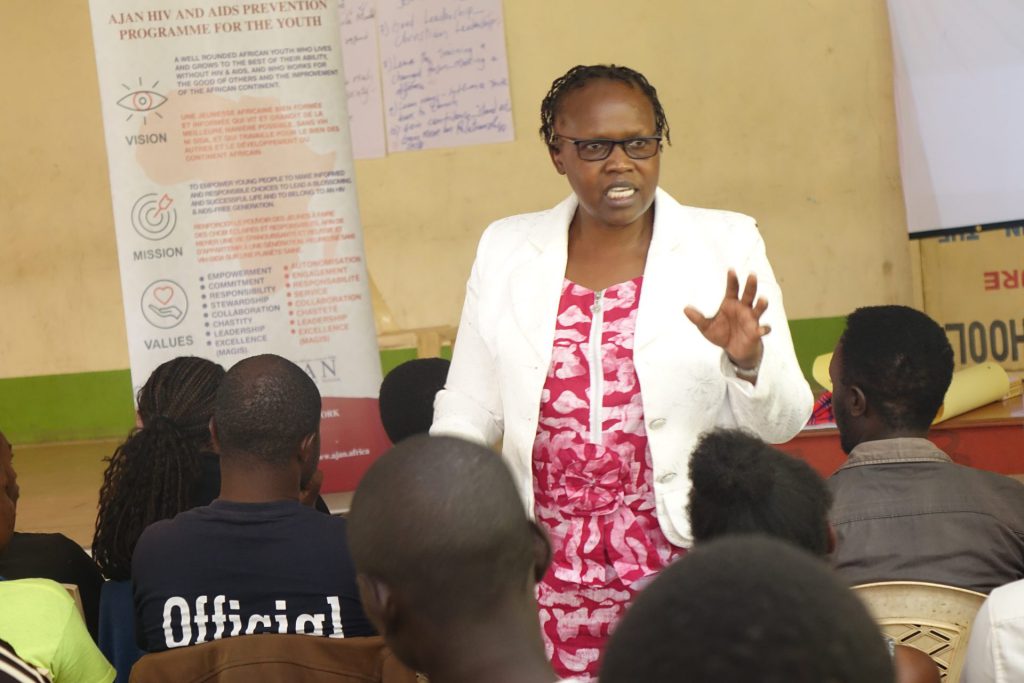
Ms. Pascalia Sergon, the AJAN Capacity Building Officer and one of the AHAPPY facilitators introduced the partcipants to the pedagogy of, the AJAN HIV and AIDS Prevention Program for the Youth (AHAPPY) manual, a training tool designed by AJAN to accompany young people. The AHAPPY manual consist of five modules, where participants are taken through a journey of discovery of self and relationships with one another, with the world around us, and with God. The Modules include;
Module A; Awakening to Myself, Module B; This World I Live in, Module C; Facing A World with HIV and AIDS, Module D; Knowing Myself to Grow Myself, and Module E; The Foundation on Which I Build My Life.
With the participants highlighting their key expectations of gaining new knowledge and being better stewards of their youth groups, the AHAPPY training manual will be a great guide for the potential trainers, and the five-day workshop provided a venue for animated discussion about the content.
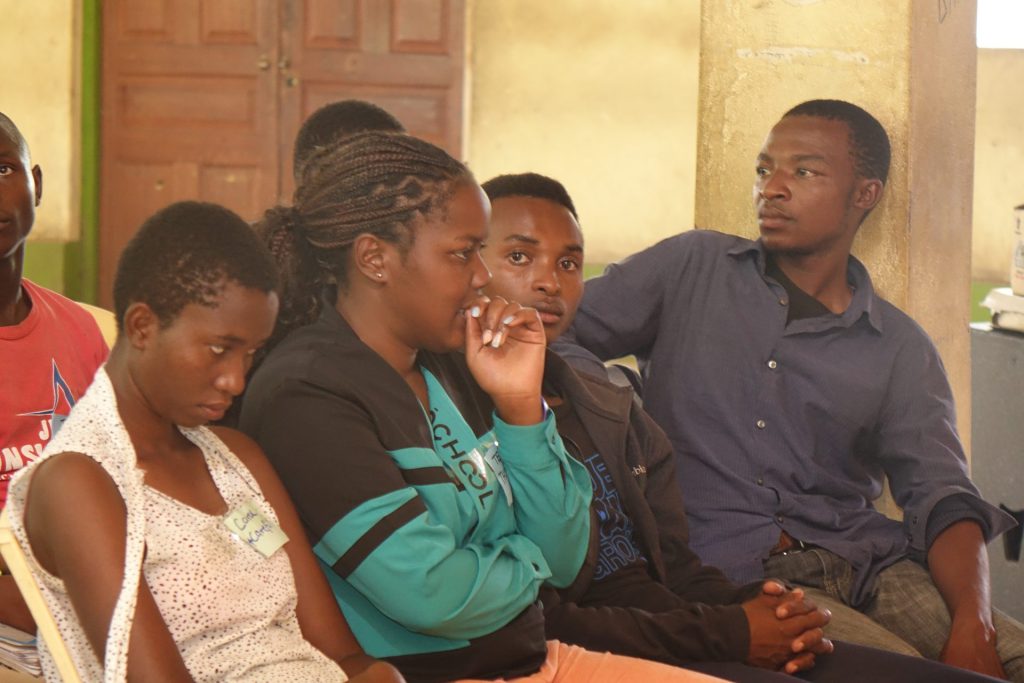
Through the guidance of the facilitators of the day Ms. Lucy Monari, Fernando Nimbu, Dennis Owuoche and Mr. Johnfisher Ondigo, Participants were taken through the five Modules and were provided with various insights about a range of startling realities, starting from their intrinsic beauty as beloved children of God, to the paradox of a beautiful world marred by the impact of evil; to scientific factors about HIV and AIDS, including societal, structural and individual risks that make one vulnerable. The participants were able to learn the life-skills and values needed to not only prevent the risks but to proactively build a world free of injustice and its fruits, among them HIV and AIDS and Drug Abuse.
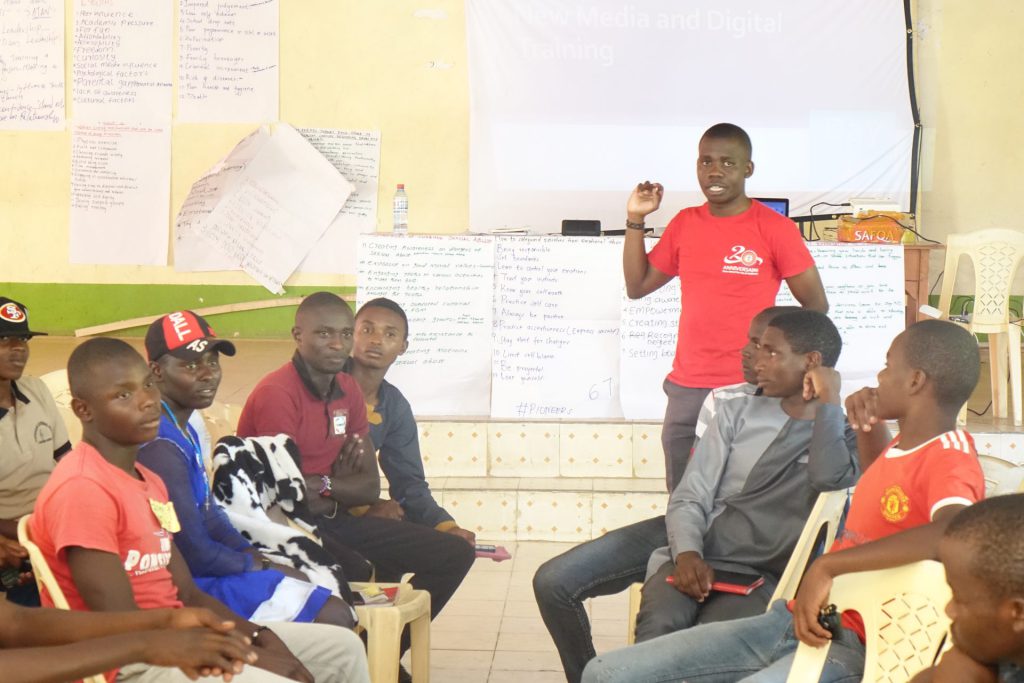
Feedback by the Youth Chaplain, Catholic Diocese of Machakos
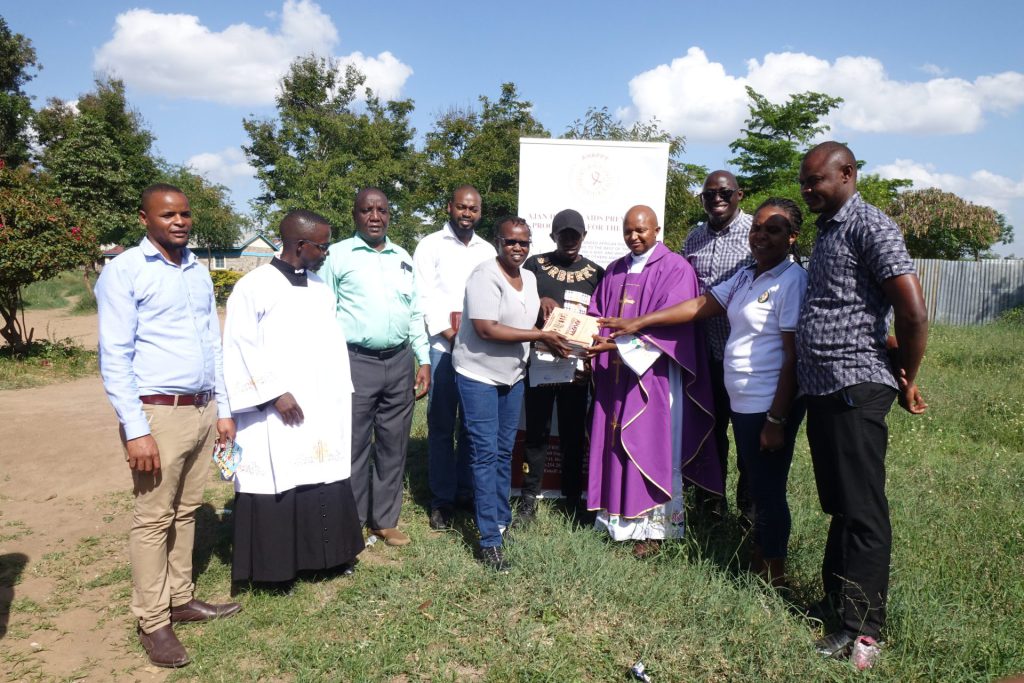
Speaking at the end of the five-day training, Fr. Alexander Kituku, the youth chaplain, said, “The AHAPPY training was a success. The young people were empowered spiritually, mentally, and given direction in life. They gained knowledge about HIV and AIDS, its impact on society, and the importance of family life as the foundation for building a community devoted to God.
Having been part of the training, I observed the methodology employed by the AJAN facilitators, who were able to connect with the young people and help them understand themselves by focusing on ‘Me, Here, and Now’. Young people are able to start by knowing themselves—who they are—and, thereafter, they can help their peers, friends, and society.
The facilitators were also interactive, giving participants the chance to speak. The young people presented the problems they face in society, and they were also challenged to identify and propose solutions to these problems. I expect that the young people who attended these sessions will go out and become leaders, using the knowledge they gained to create awareness about HIV and AIDS and to live holy lives free from moral decay. Through this, we are looking toward a future with a transformed society and a supportive church.”
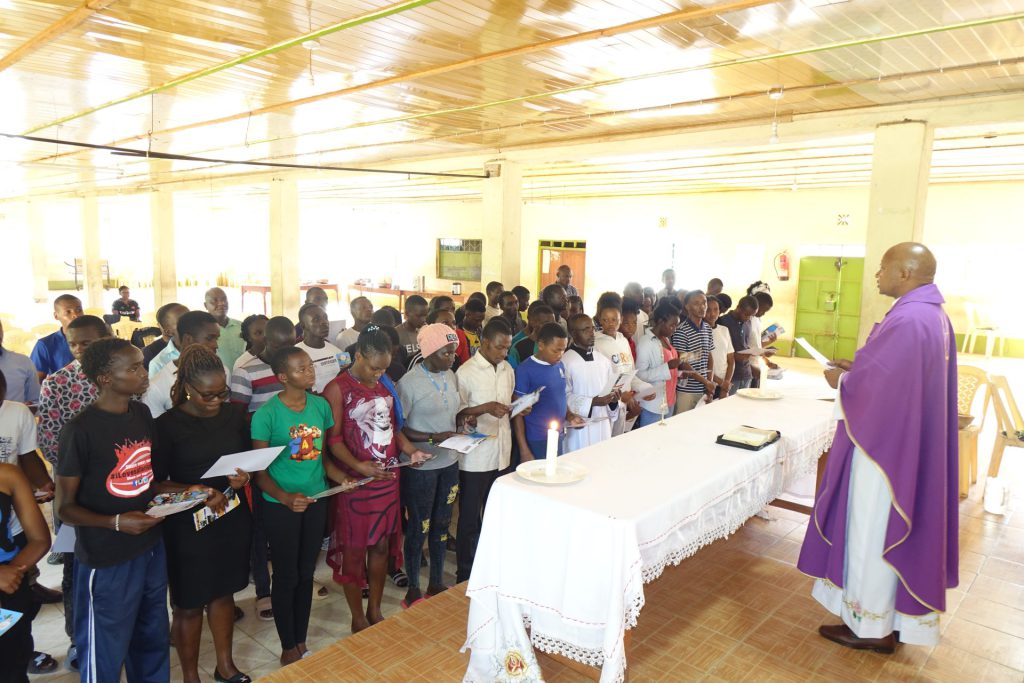
Feedback by One of the AHAPPY Facilitator
Ms. Lucy Monari, the Safeguarding Coordinator at the Jesuit Conference of Africa and Madagascar and one of the AHAPPY facilitators, said, “I had a great experience; the young people were active, engaging, and creative. I expect that they will be able to see themselves more positively, identify their weaknesses, and become aware of their inner struggles in life.
I am very glad that the young people identified safeguarding and poor parenting as topics of interest and issues they plan to address by training fellow youths in their respective parishes. The participants were particularly keen on family values and their own spirituality. I truly hope they will carry with them the knowledge of family values and take consistent steps toward being pilgrims of hope in the diocese by making meaningful changes in their own lives, families, and the church.”
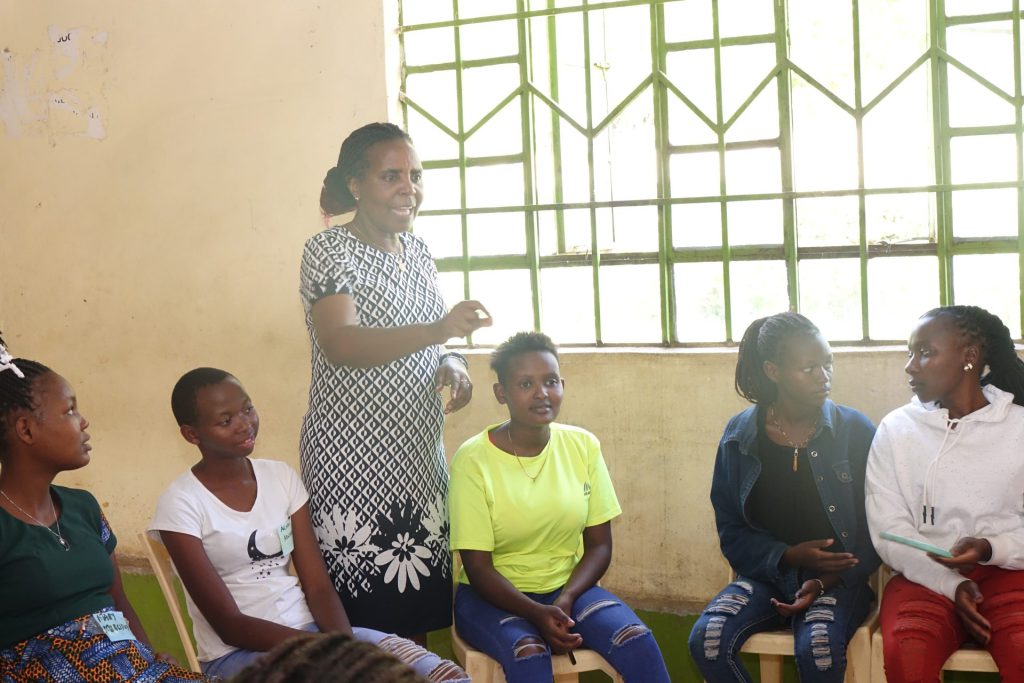
Feedback by the Participants
Joshua Muthama, who comes from Katoloni Parish, Machakos deanery said, “I loved the facilitation method that was used in the training. Being that I am passionate about visual storytelling I am going to use the knowledge gained to create impactful stories especially on matters of reproductive health, mental health and gender based violence.”
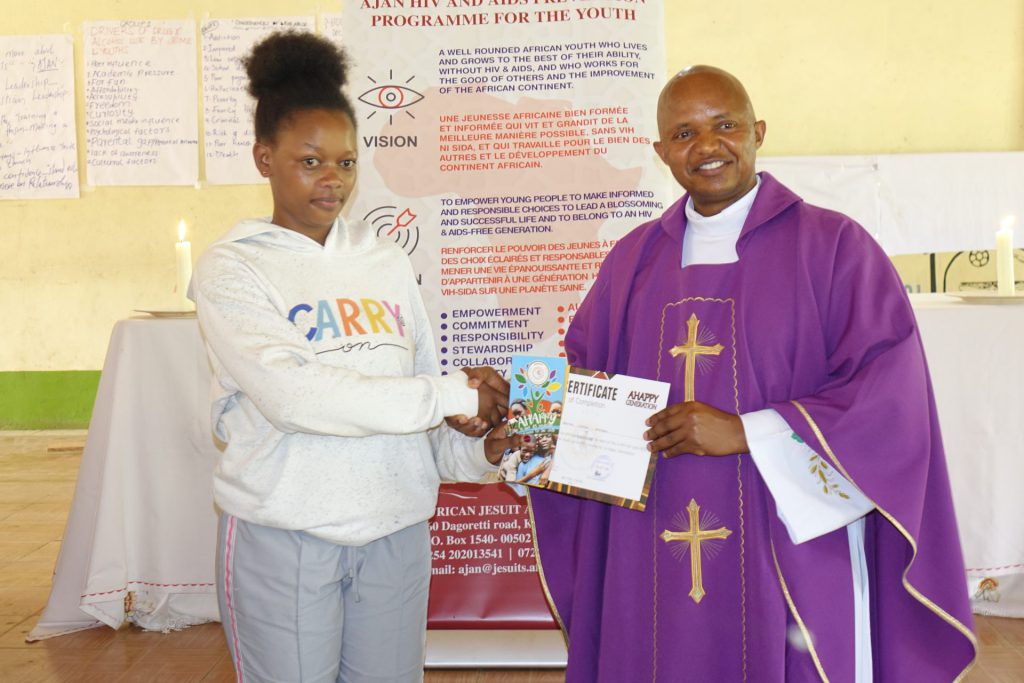
Sophie Kavuu, from Mwala Deanery in the Machakos Diocese, said, “On the second day of the training, the facilitators shared knowledge with us on topics such as sexually transmitted infections, and the abuse of minors and vulnerable adults. I came to understand that children and vulnerable adults go through various forms of abuse—physical, sexual, and emotional. For children, it is especially difficult as they often cannot fight back when being abused. These abuses occur in homes, schools, churches, and workplaces. As a university student, I plan to use the knowledge I have gained to perhaps start a podcast or mentor young people in schools, churches, and society. I want to create awareness, encourage young people to discover themselves, and focus on their goals so that we can prosper in life.”
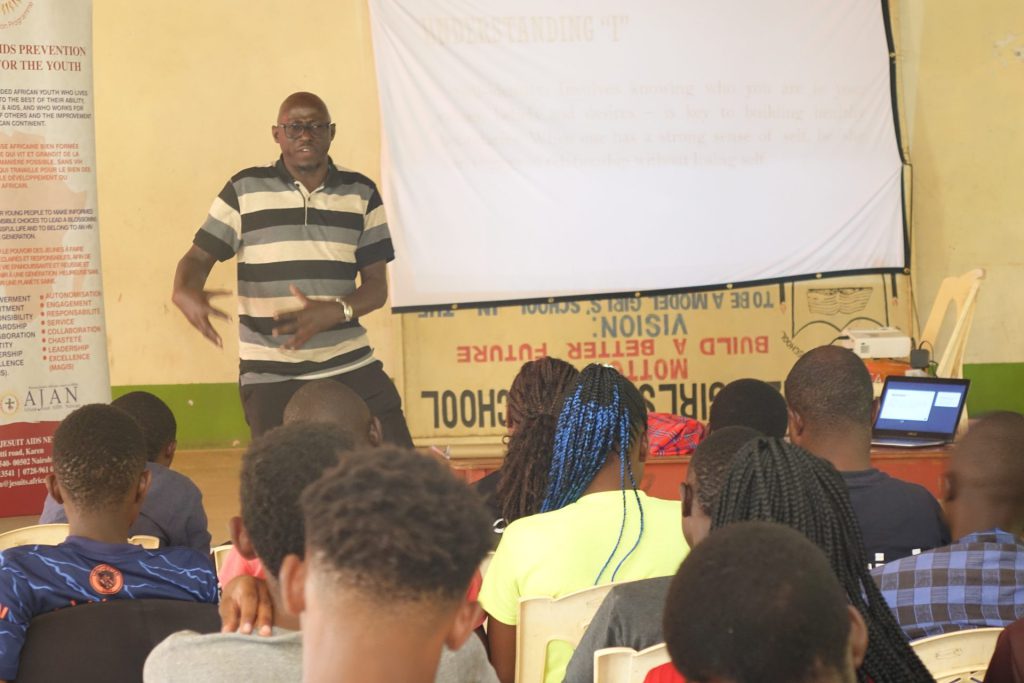
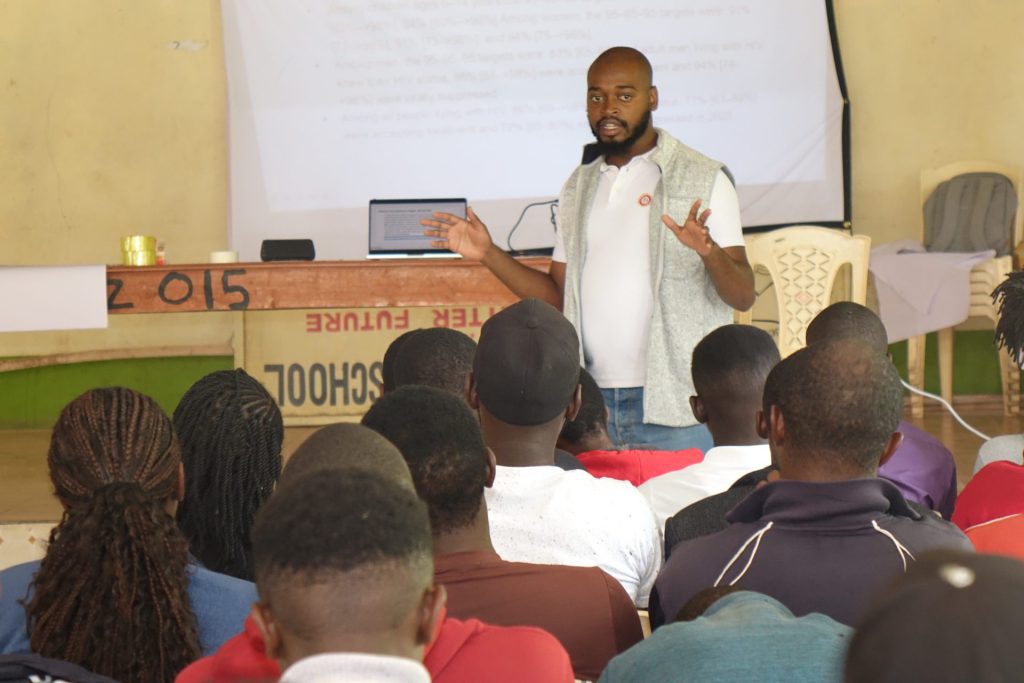
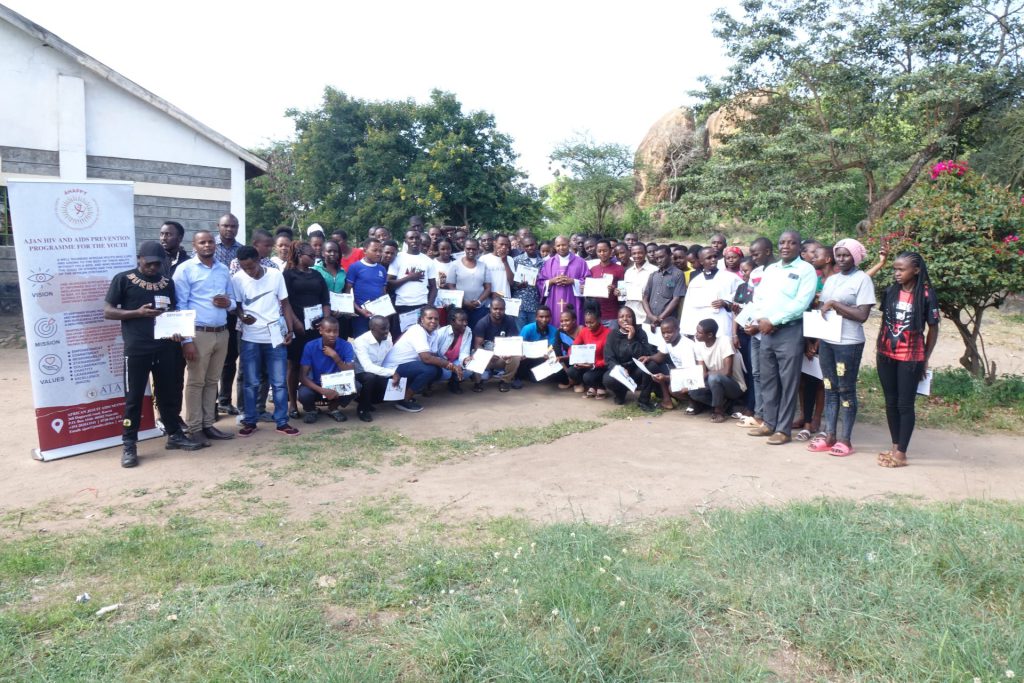
At the end of the five-day AHAPPY training, a commissioning Mass was held, marking the culmination of an empowering and transformative experience. During the Mass, the young participants were entrusted with the mission to become trainees and mentors, charged with carrying the knowledge and values they had gained back to their respective parishes and communities. They were encouraged to share the message of hope, promote awareness about critical issues such as safeguarding, family values, and spiritual growth, and inspire others to lead lives rooted in faith, purpose, and integrity. The commissioning symbolized a call to action, urging the young people to be beacons of change and leaders in their society, fostering a culture of love, resilience, and devotion to building a better, God-centered community.
By, Owuoche Dennis,
AJAN Communications Officer.

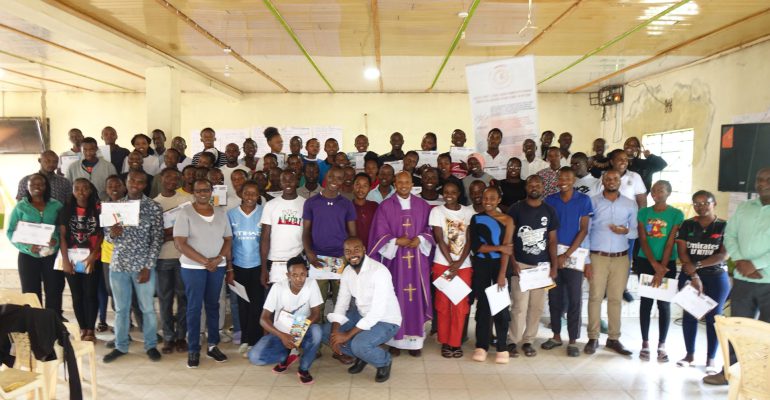
Comments are closed.